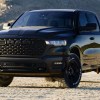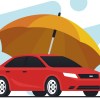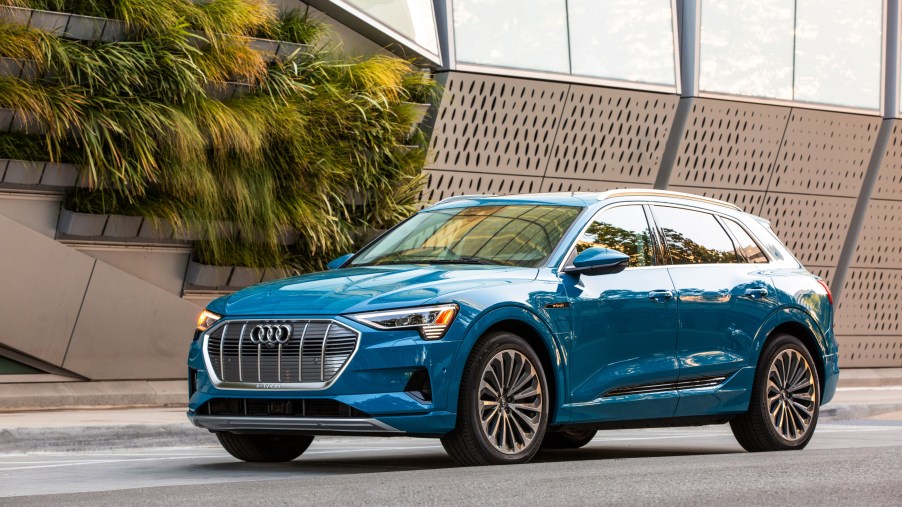
No, California’s EVs Won’t Cause Statewide Blackouts
Recently, California announced plans to ban gas-powered cars starting in 2035. More specifically, the plan is to ban the sale of new cars powered by gasoline engines, so it’s not going to impact cars that are already on the road. And while some coverage has made it out to be a done deal, the executive order doesn’t appear to be binding, so there’s no telling what will actually end up happening.
But when taken at face value, it’s clear that California wants to see more electric vehicles on the road. A lot more. EVs are already pretty common in the state. But with something like five million people living in LA alone, Governor Newsom’s plan would mean adding tens of millions more. And every single one of those EVs will need to be charged. Think back to the rolling blackouts California had to deal with 20 years ago, though, and won’t this plan just cause something similar?
California’s electrical “failure”
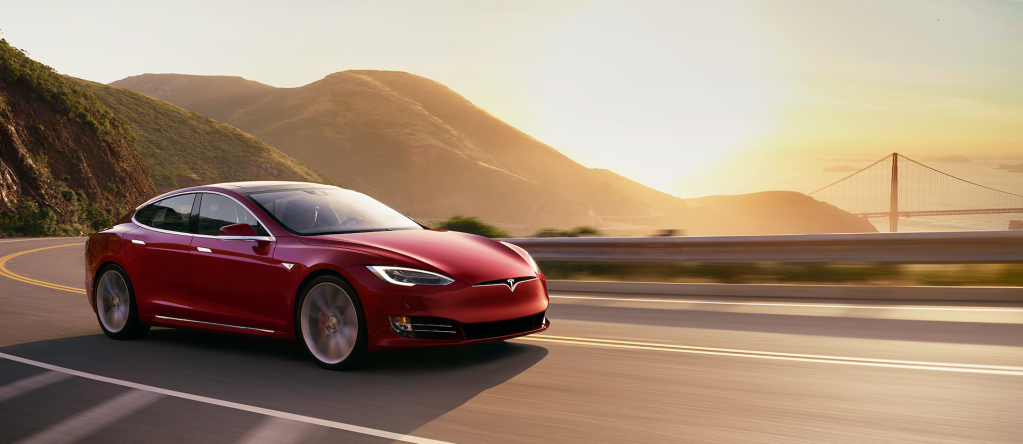
Over the years, it’s become a common trope to use California’s rolling blackouts to illustrate how poorly managed the state is. It’s the poster child for the government getting too big and tax dollars being wasted, as well as a warning for other states that are considering a new law or regulation. And generally, the message is that those laws or regulations will turn the other state or country into a terrible place to live.
After all, who would want to live somewhere that can’t even manage to keep the lights on? That’s such a basic thing, and yet, the bureaucracy and regulations in California made sure even that was too much to expect. It’s also a complete misrepresentation of what actually happened. In fact, if anything, the problem was deregulation, not too much regulation.
What really caused CA’s energy crisis
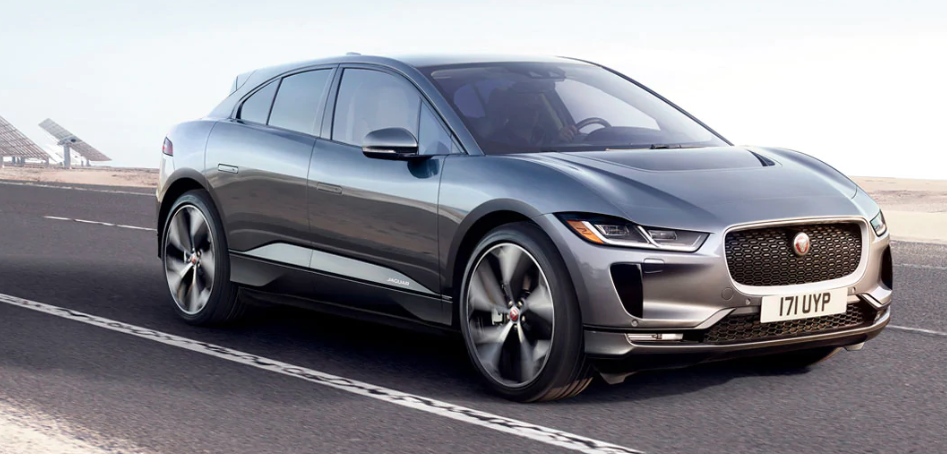
As Market Watch reported all the way back in 2002, California’s blackouts were actually caused by Enron. Seriously. It’s also not entirely clear why so few people remember this story because it’s truly crazy. The kind of crazy that makes it hard to believe it’s actually real.
Basically, California chose to deregulate electricity in the 1990s, in part because Enron lobbied so hard to get it to do so. Enron then began manipulating the energy market to make billions of dollars. Among other schemes, Enron intentionally sent too much energy to the grid in order to collect payments for later reducing the same congestion it had caused. It also sold California’s electricity to itself in another state, then turned around and sold it back to California at a significantly higher price.
Enron’s schemes cost California billions of dollars, but that wasn’t the only problem. By creating artificial shortages, Enron also caused those infamous blackouts. That didn’t just mean people couldn’t run their air conditioning, either. It cut power to entire areas, downing traffic signals and putting people’s lives at risk.
The current situation
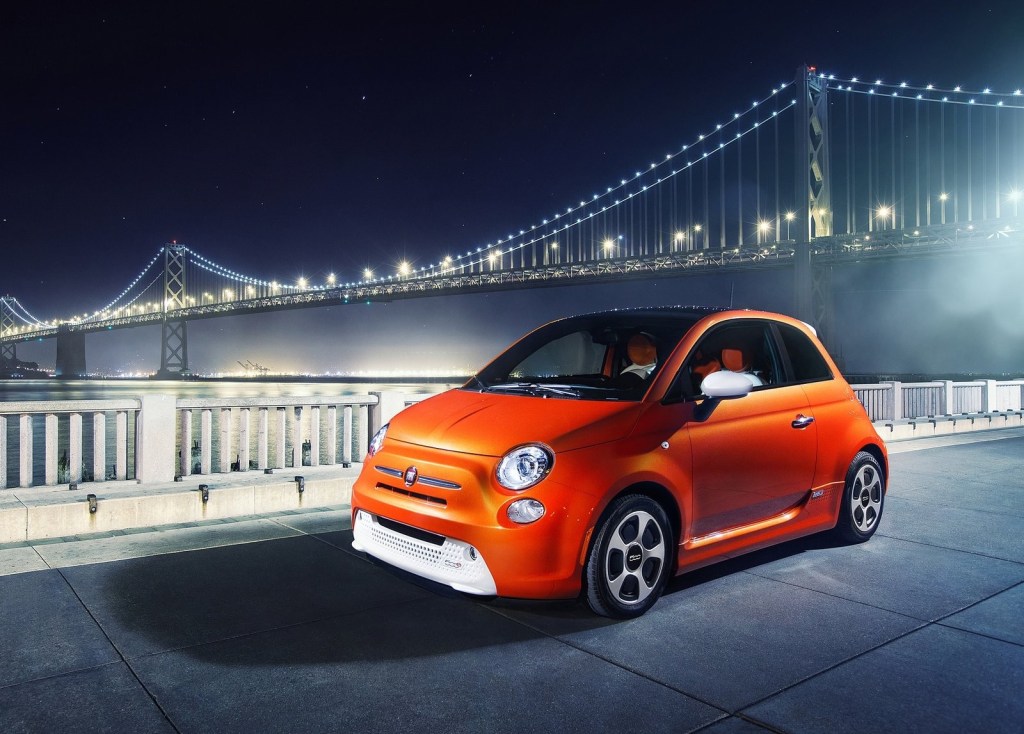
After Enron went belly-up once people figured out its financial success was built on fraud and lies, the situation got better in California. But that doesn’t mean the state is completely in the clear when it comes to future energy problems. The dated infrastructure has been blamed for its failures starting several fires, and on the hottest days of the summer, LA and San Francisco still sometimes struggle to avoid periodic power outages. But these days, compared to the chaos inflicted on the state by Enron, it’s a completely different situation.

